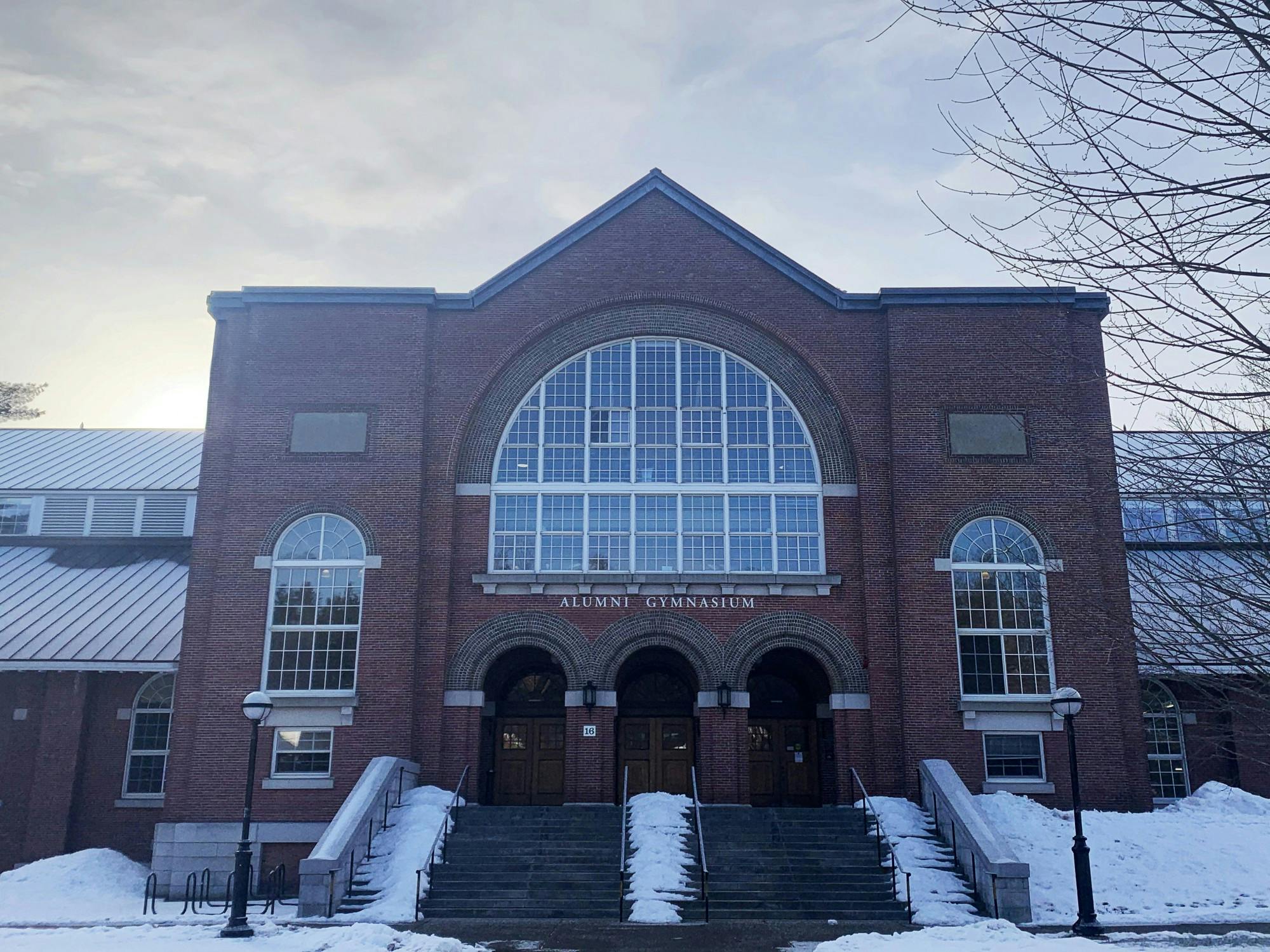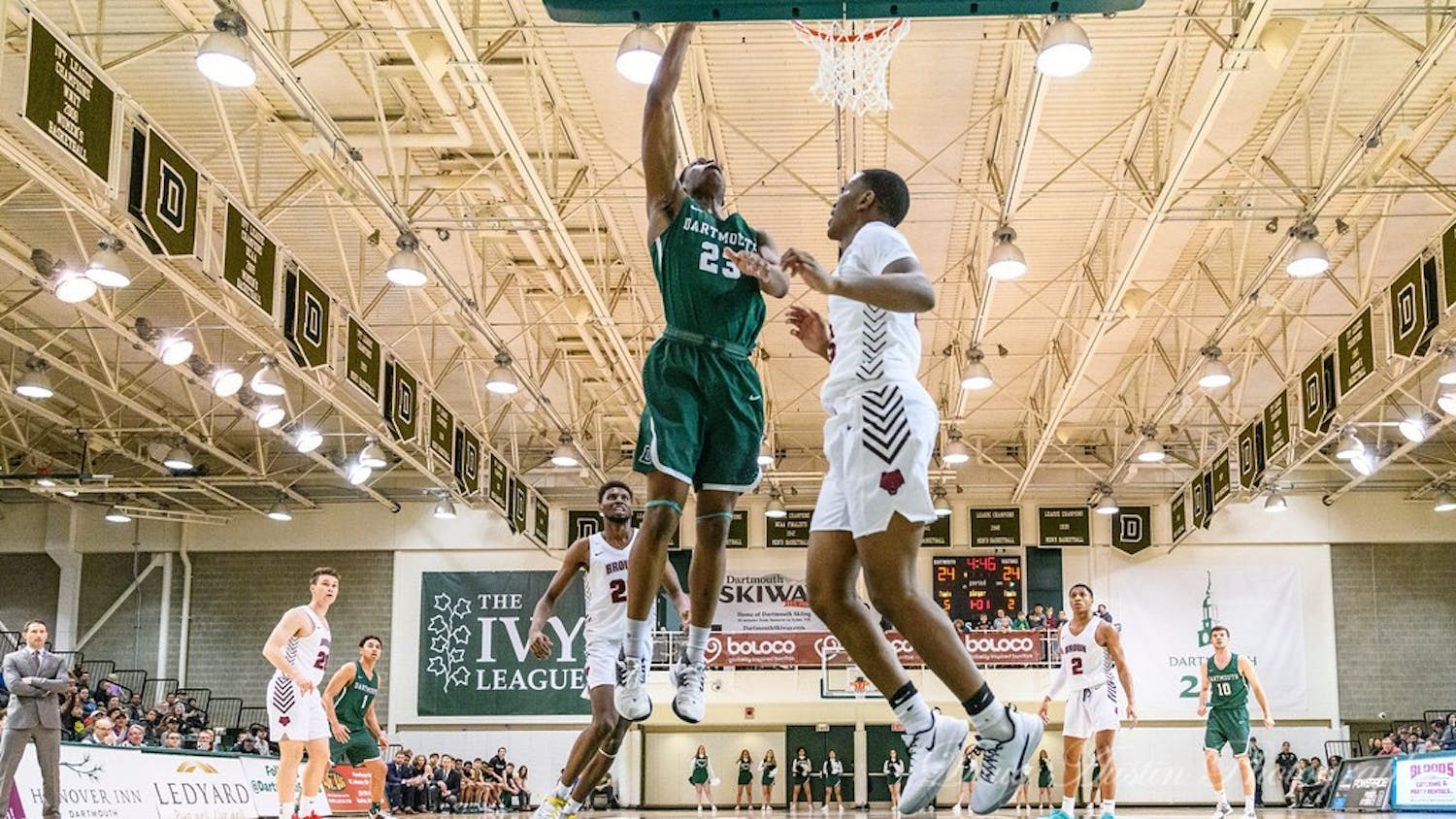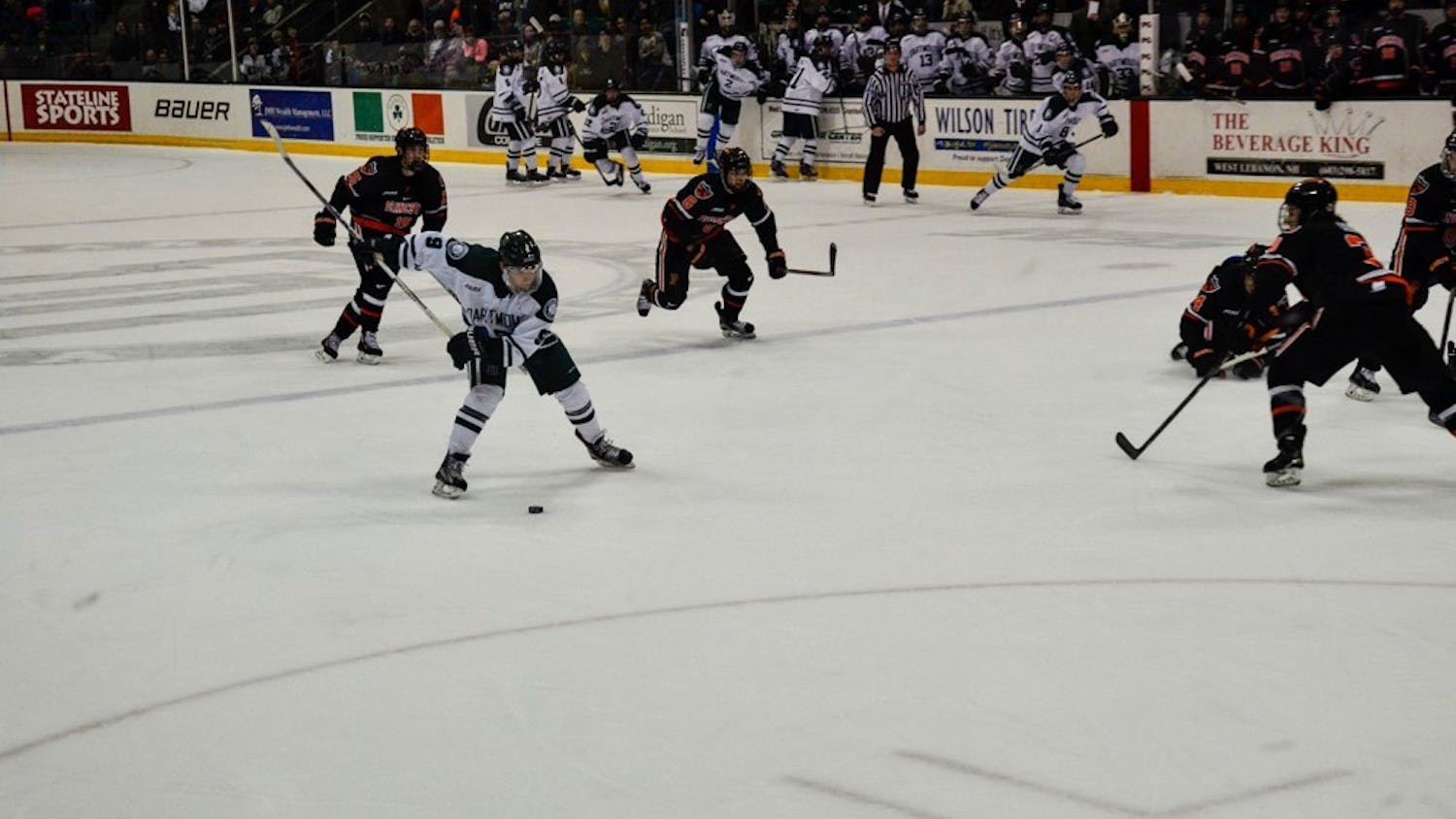On Thursday, the Ivy League Council of Presidents voted to allow current seniors admitted into graduate programs at their schools to compete as fifth-year players. The decision is a one-time, pandemic-related exception that breaks with a long-standing Ivy League precedent limiting athletic participation to undergraduate students.
The Ivy League presidents had previously voted down the possibility of granting eligibility extensions last year, despite former athletics director Harry Sheehy expressing his and College President Phil Hanlon’s support for one-time eligibility extensions when the pandemic first canceled spring sports.
“This was such an extraordinary situation that we really felt that a one-year waiver for our current seniors would have been the right thing to do,” Sheehy said in an interview last April. “… Obviously, not all of them would take it, but for the few of them that would have, I thought that was a really good chance to make some things right.”
While some student-athletes expressed excitement about the opportunity, others wished that the decision had come sooner. Several athletes in the Class of 2021 transferred before the Ivy League began to grant eligibility extensions, and others said they or their teammates already secured jobs for next year.
Men’s basketball forward Chris Knight ’21, who will play at Loyola University Chicago next year after recovering from an Achilles tear, criticized the timing of the decision and said he and his teammates did not believe they had enough time to apply to graduate programs at Dartmouth. Knight said he would have considered the Master of Arts and Liberal Studies program, but the application deadline for summer and fall 2021 enrollment passed on Monday.
“They could have made the decision a lot earlier, and they chose not to,” Knight said. “… I don't know how many people this rule will actually benefit just because of timing, but I appreciate them for at least making the attempt to make up for the lack of time [and] lack of care that they were giving us.”
Before the Ivy League’s policy reversal, men’s hockey forward Matt Baker ’21 and sprinter Donovan Spearman ’21 committed to the University of Massachusetts Amherst and Duke University next year, respectively, and some of their teammates had also made graduate transfer arrangements. Both Baker and Spearman said that if the Ivy League’s decision had come earlier, they would have considered staying at Dartmouth if they were accepted into a graduate program.
Women’s soccer player Bonnie Shea ’21, who wants to pursue a master’s degree in public health, said the timing of the decision was “perfect” for her, given that her program’s application deadline is April 15, but she acknowledged that graduate program deadlines will limit some student-athletes from taking advantage of the opportunity.
“There [are] a lot of student-athletes that already have jobs, so it’s definitely tough to walk away from that or other cool opportunities,” Shea said. “But … it’s opening a really awesome door for [other students]. I definitely know a lot of people who are considering it.”
Still, for senior athletes considering competing as graduate students, financial barriers may prevent them from applying to Dartmouth’s graduate programs, which do not offer the same level of “need-based” financial aid as the undergraduate program, according to Knight. Knight said that since the Ivy League does not offer athletic scholarships, he would have had to apply for outside scholarships to stay at Dartmouth. Spearman noted that the athletic scholarships offered by other Division I schools are often more attractive to graduate transfers.
Shea added that playing time will be another crucial factor in deciding where to play next year. The high academic standards of Dartmouth’s graduate programs may also prevent some student-athletes from capitalizing on the Ivy League’s decision, according to Baker and Knight, though several athletes cited the opportunity to enroll in top academic graduate programs while continuing to play their sport as a major benefit of the eligibility extension.
The football team typically has a few players each year who alter their D-Plans to play an extra fall as fifth-year undergraduate students, according to Derek Kyler ’21. This year, however, the Ivy League’s eligibility extension will enable the football senior class to compete next season while enrolled in an elite graduate program rather than as undergraduates should they choose to.
Kyler said that the NCAA’s blanket COVID-19 waiver to provide student-athletes an extra year of eligibility had already compelled him and at least five other teammates — including Donald Carty ’21, Tanner Cross ’21, Evan Hecimovich ’21, Thomas Hennessy ’21, Niko Mermigas ’21 and potentially Darren Stanley ’21 — to rework their academic plans. He said the chance to continue playing football while enrolled in a graduate program came as a welcome surprise to him and his teammates.
“[Competing in graduate school] is brand new to us because we didn't know this was an option, so I definitely have to talk it over with my family a bit,” Kyler said, noting that he is still planning on playing as a fifth-year undergraduate for now. “... This is kind of unique, where we could get into Tuck, which is obviously one of the best business [graduate] schools in the country.”
Even if seniors benefit from the Ivy League eligibility extensions next year, multiple athletes questioned why other classes did not receive the same opportunity, despite also losing their seasons. A memo sent to student-athletes about the eligibility extensions underscored that they were “a direct result of the pandemic and will not be available in future years.”
Baker, Shea and Spearman all shared qualms with the restriction of eligibility extensions from student-athletes in other class years affected by the pandemic.
Men’s hockey forward Collin Rutherford ’21 agreed, though he acknowledged that potential difficulties could arise from offering the same eligibility extension to other classes.
“I’m sure there [are] a lot of under-the-hood logistics to figure out, but if they think that it’s feasible, then I definitely think that that’s something they should explore and consider,” Rutherford said.
Regardless, Shea said she is thrilled about the potential to compete with the Big Green for a final season.
“I don’t know if I’m going to end up at Dartmouth next year, but having the opportunity to finish out my last year where I wanted to is really exciting,” Shea said.




